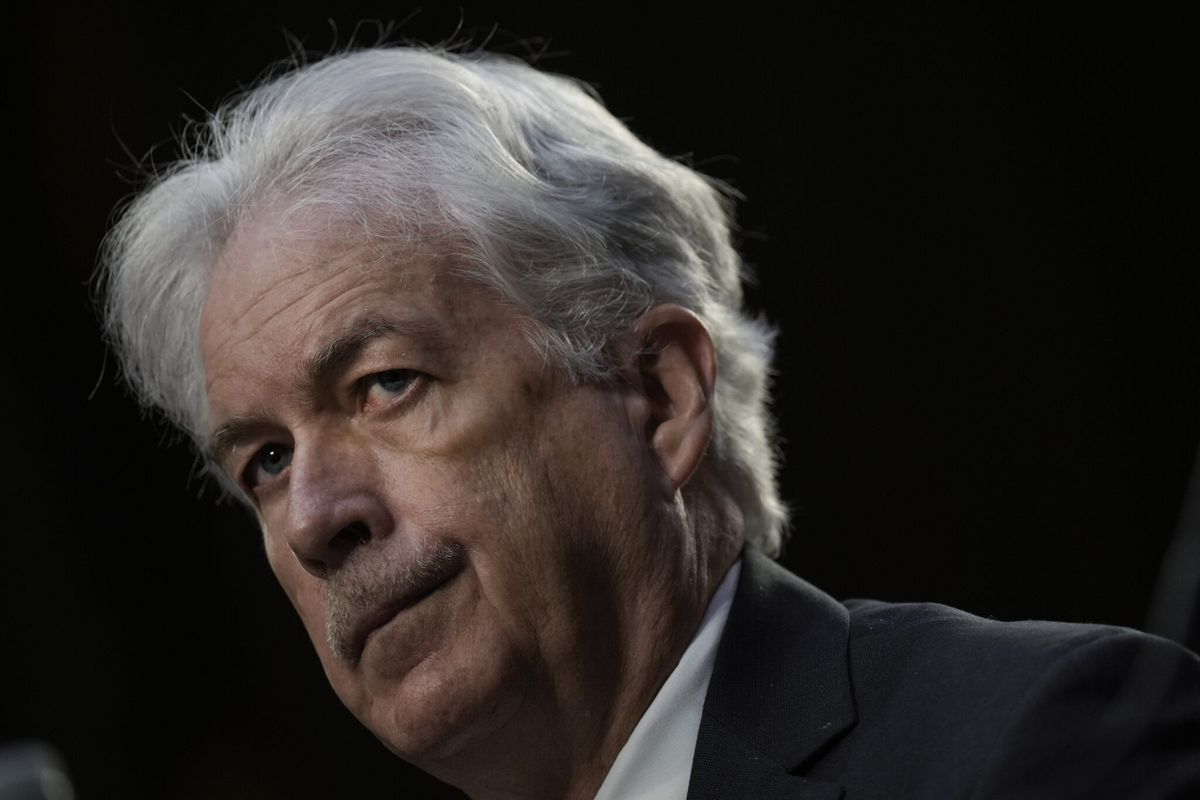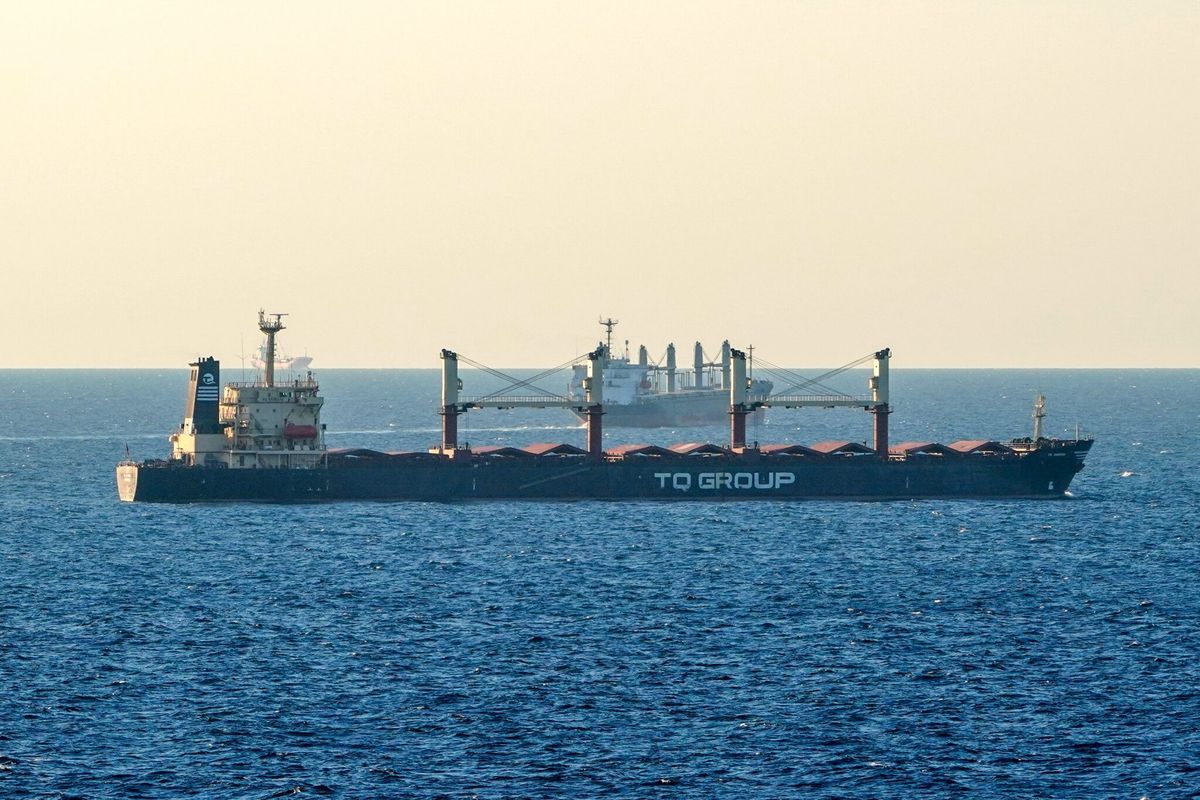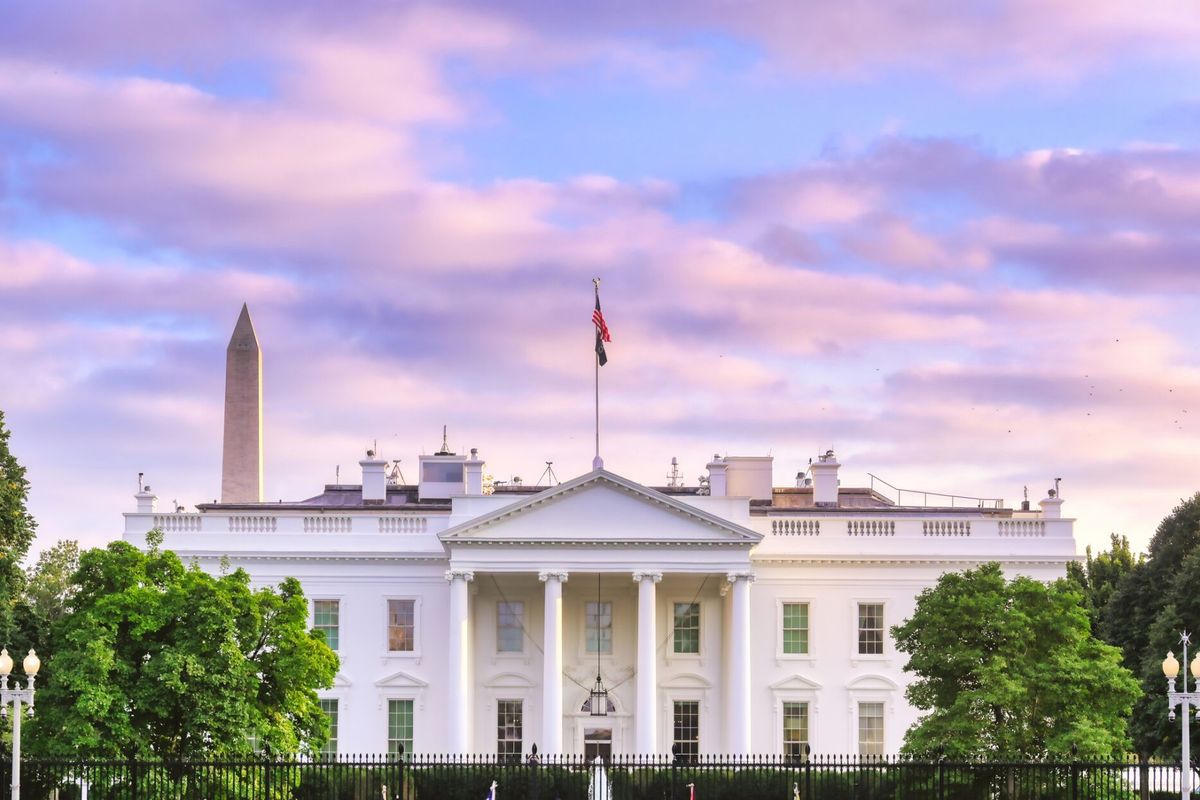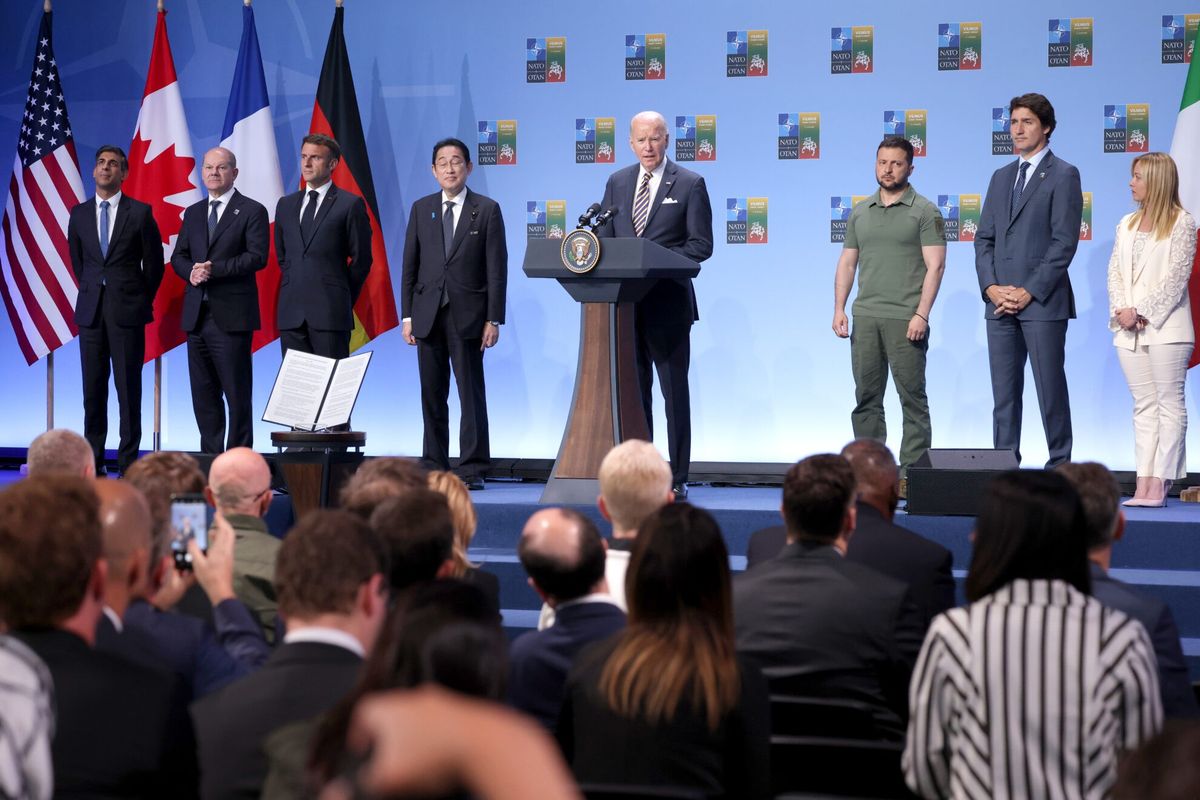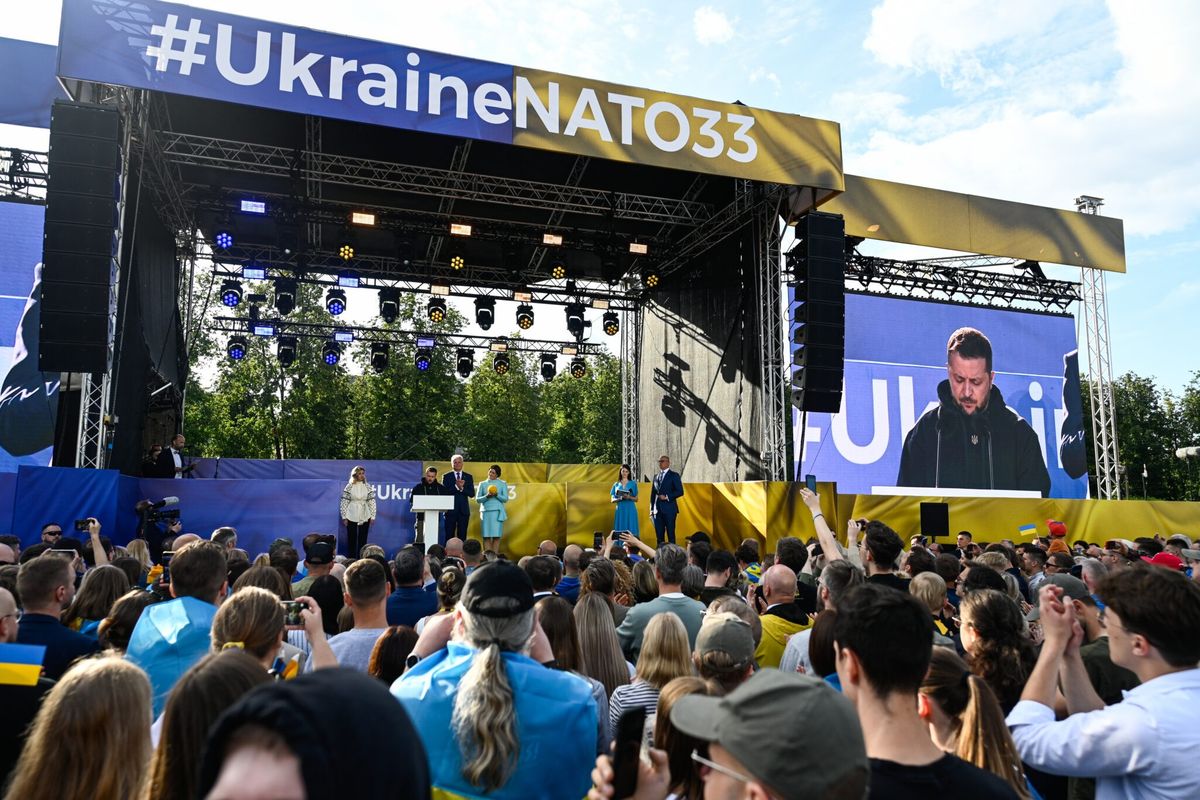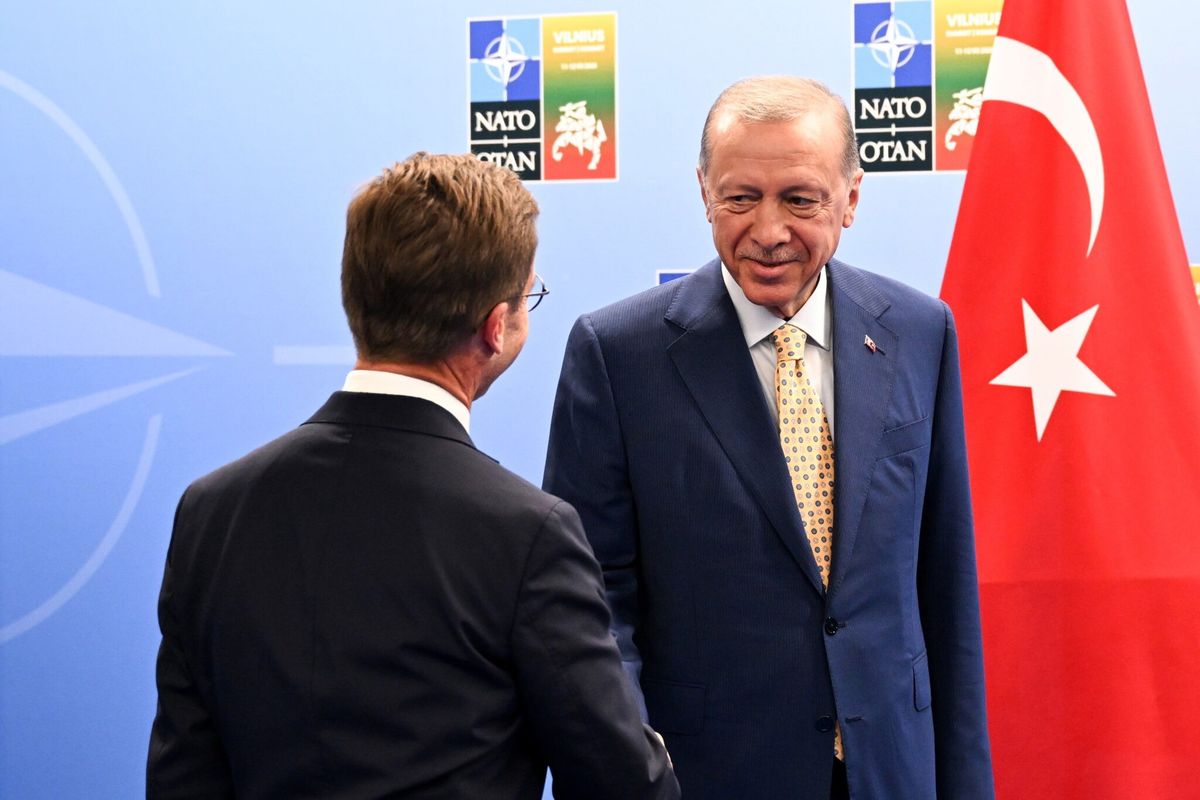CIPHER BRIEF REPORTING — In a brief address to the nation, Russian President Vladimir Putin vowed not to “allow a civil war,” evoking the Russian Revolution of 1917, while calling the recent moves inside Russia by Wagner Group head Yevgeny Prigozhin — and the thousands of mercenaries he leads — a “betrayal from the inside.”
"This was the same kind of blow that Russia felt in 1917 when the country entered World War I, but had victory stolen from it," Putin said in a televised address, a reference to a century-old revolution that ousted Tsar Nicholas II. "We will not allow this to happen again."
“Exorbitant ambitions and personal interests have led to treason,” Putin said, referring to Prigozhin, who claimed to have taken control of military facilities in the Russian port city of Rostov-on-Don, after Russian authorities charged Prigozhin with mutiny.
On Friday, the Wagner chief accused Russia’s military of attacking his forces and vowed to retaliate, endeavoring to oust Russian Defense Minister Sergei Shoigu, who has been the focus of public confrontations with Prigozhin for months.
Prigozhin said the decision had been made to stop “the evil brought by the military leadership.”
As accounts of advancing Wagner forces peppered the headlines, Russian state-owned news agency TASS reported a tightening of security at government facilities in Moscow, with the Russian National Guard put on alert, along with unconfirmed reports of road closures leading into the city.
Despite rumors of senior Russian leadership leaving Moscow, including Russian Deputy Chairman Dmitry Medvedev, the state-run news agency reported that “Medvedev [and] his aides and Secretariat are at their workplaces and performing their duties."
Prigozhin, whose Wagner mercenary group was instrumental in helping Russia seize the city of Bakhmut in Ukraine, appeared in a video having entered a Rostov-on-Don military complex on Saturday morning, adding newfound pressure to Kremlin leadership.
Igor Artamonov, Governor of Lipetsk Oblast — which is situated approximately 250 miles south of Moscow — said Wagner equipment could also be seen moving through the region. Meanwhile, a Russian security source told Reuters that Wagner forces had taken over military facilities in the city of Voronezh, roughly 300 miles from the Kremlin. Footage also surfaced of what appeared to be large fires — reportedly the aftermath of an oil depot explosion in the Voronezh region. Those accounts, however, remain unconfirmed.
By Saturday evening, however, tensions appeared to have cooled, albeit slightly.
Despite earlier Saturday reports that pointed to advancing rebel columns heading toward Moscow, amidst Russian helicopter attacks, by evening Prigozhin reportedly said that he had ordered his forces to return to their bases to avoid further violence. A Kremlin spokesman later said that in an agreement brokered by Belarus President Alexander Lukashenko, Prigozhin would leave for Belarus, and the criminal case opened against him would be dropped.
White House officials say they are following events closely, and are consulting with allies and partners as events develop. Ukrainian President Volodymyr Zelensky, for his part, responded to the conflict on Twitter by saying “Russia’s weakness is obvious.” Ukrainian Parliament Member Volodymyr Ariev called it a “typical Russian game of thrones.”
“We sincerely cheer on both sides and wish them as long a fight as possible to weaken them,” he said.
Inside Russia, however, security experts say Moscow's very hierarchy and its messaging is now increasingly in question.
"With Prigozhin's troops standing with him, an even more important choice looms for Russians," John McLaughlin, former Acting CIA Director, said on Twitter. "Accept Prigozhin's calling the war a sham or buy Russian propaganda?"
Meanwhile, global attention remains hyper-focused on the region. Former Senior CIA Intelligence Service Officer Marc Polymeropoulos called it “the Super Bowl of all national security institutions.”
The strategic consequences of such a challenge, security experts note, could also have wide-ranging effects, from the war in Ukraine and Russia's ability to more generally project power abroad, to Moscow's relationship with countries like Iran, Turkey, and China, as well as questions about Russia's nuclear weapons, some of which Belarusian President Lukashenko said his country had begun receiving earlier this month.
Journalist Kollen Post contributed to this report.
The Cipher Brief is also closely following events and will continue bringing you expert perspectives on what's happening inside Russia and how it is impact Moscow's war on Ukraine throughout the weekend.





